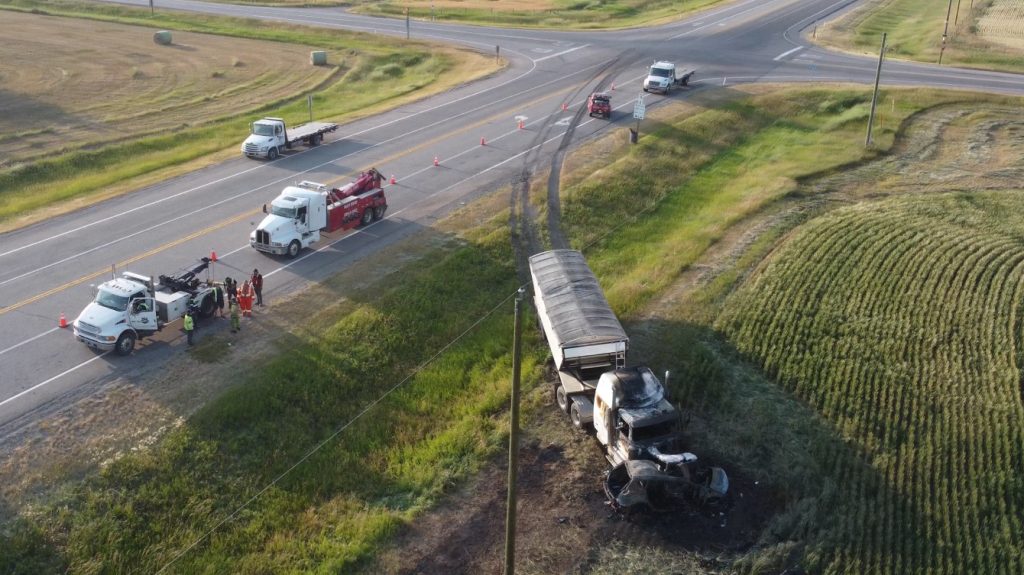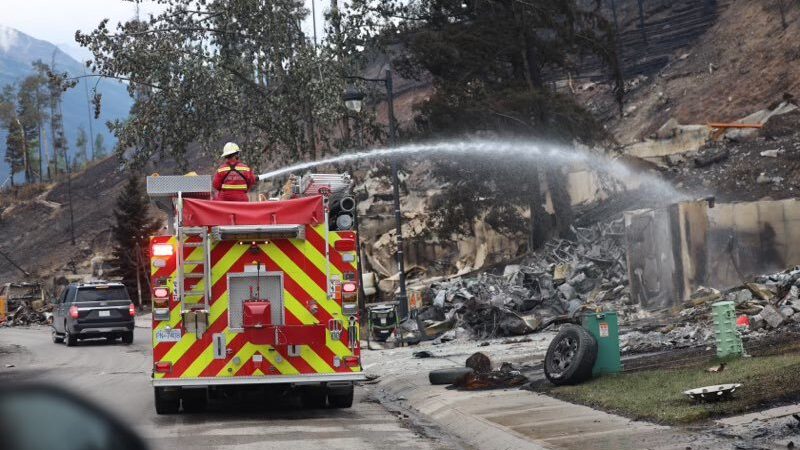Is the future of Canada a cashless society?
Posted Jan 13, 2023 9:18 am.
Last Updated Jan 13, 2023 9:23 am.
It seems more and more businesses are going cashless nowadays, and according to one Calgary professor, it’s largely cheaper and more secure.
“Given that only very few people use cash, I think a lot of stores don’t find that justified anymore,” Alfred Lehar, professor of economics at the University of Calgary, said.
“If you don’t have cash, no one’s gonna rob you, the employees cannot take away the cash and defraud the store, and at the same time, cashless handling is getting cheaper and cheaper.”
Cashless business models popped up with increased frequency throughout the height of the COVID-19 pandemic when many were worried the virus could be spread through touch.
Some businesses are going one step further and accepting digital payments only, but Canada appears to be lagging behind.
“We are seeing a lot more of this in other countries, like the Nordic countries in Europe,” Lehar said.
Denmark seems to be reaping the benefits of a society where cash is virtually obsolete, the country recorded zero bank robberies in 2022.
READ MORE:
-
Is Canada in a recession? Vast majority of Canadians say ‘yes’
-
Is protein powder a suitable meat replacement?
-
No tip, no service?: Food app delivery drivers say orders with no tip aren’t worth it
But there are drawbacks to life without physical money according to Lehar, who says it increases financial inequality.
“Some people don’t have bank accounts, like the homeless population, or very poor people. And for those people it’s really hard to interact with businesses and stores if there’s no cash anymore,” he explained.
He says several governments and central banks around the world are aware of the issue, and Canada could see its central bank adopt a digital currency years in the future.
“A crypto version of the Canadian dollar that is issued by the government, and then the government can take measures to ensure social inclusion that everyone has access to that type of payment,” Lehar said.








